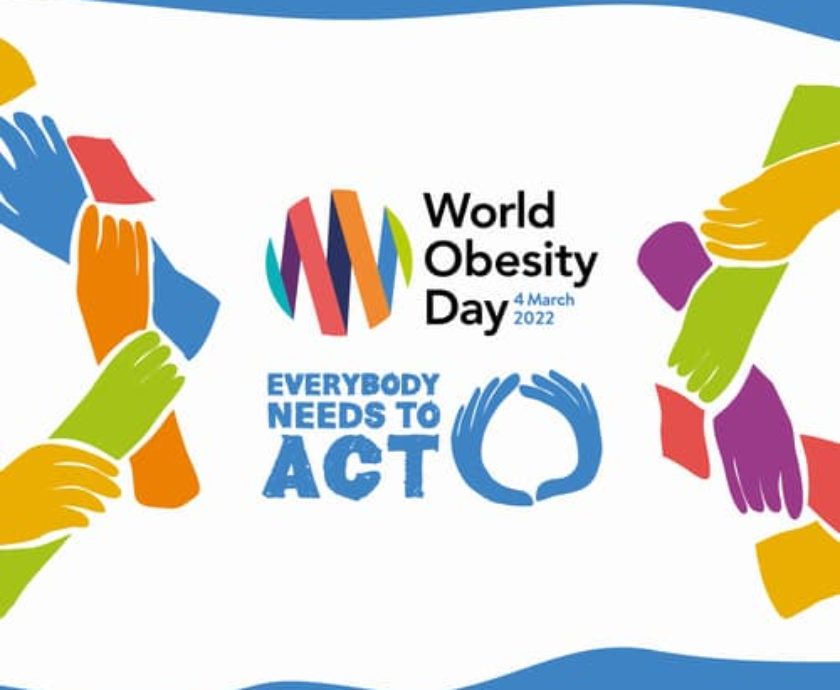Facing the NCD Epidemic in St Kitts and Nevis
In St. Kitts and Nevis, non-communicable diseases (NCDs) are the leading cause of death among residents. According to the latest data published by the St. Kitts and Nevis Ministry of Health, 63% of all deaths are prematurely caused by a preventable chronic illness such as stroke, cancer, diabetes and cardiovascular and respiratory diseases.
The prevalence of NCDs in the federation is a major concern for individuals, families, civil society and government because NCDs threaten quality of life, productivity and sustainable development. In fact, the World Health Organization (WHO) and the Global NCD Alliance recognise non-communicable diseases as the world’s number one killer.
Globally, St. Kitts and Nevis has one of the highest prevalence rates of diabetes per capita (24%). Poor diet, physical inactivity, overweight and obesity are some of the risk factors for NCDs that are prevalent among our adults and children. Health data indicate that 1 in 2 adults and 1 in 3 children in St. Kitts and Nevis are overweight or obese, and the consumption of unhealthy products like sugar-sweetened beverages (SSBs) is at an all-time high with 62% of school-aged children drinking at least one SSB every day (Global High School Survey, 2011).
.
The Dangers of SSB Consumption
The consumption of sugar-sweetened beverages is of particular concern since some have no nutritional value and exceed recommended daily amounts of sugar for proper health and wellbeing. Regular consumption of SSBs is a major contributor to the development of obesity, type 2 diabetes, tooth decay and cardiovascular illnesses. Research conducted by Harvard Medical School experts reveals an association between a high-sugar diet and a greater risk of dying from heart disease since consuming too much added sugar can raise blood pressure and increase chronic inflammation, both of which are pathological pathways to heart disease.
The scientific and medical evidence on the dangers of sugar for individuals’ health and wellness is alarming. Consuming too much sugar, especially from SSBs, can be deadly and must be better monitored and controlled. Curtailing SSB consumption and promoting water as the healthy alternative is a primary approach to improving food culture and combatting the NCD epidemic.
The Solution: Government Policy Interventions
Across the world, individuals, civil society organisations (CSOs), medical professionals and governments have been advocating for and implementing solutions that help to reduce the risk factors associated with NCDs. Public education on healthy food and nutrition, accessible health screening programmes and the promotion of increased physical activity are all necessary inputs for combatting the global NCD problem.
However, addressing the problem also requires that governments take responsibility by using public policy to create healthy food environments and to help consumers make healthier choices. The WHO recommends implementing a suite of health policies that include SSB taxation and octagonal front-of-pack warning labels as evidence-based interventions that reduce the purchase and consumption of SSBs. Health advocates also call on government to implement school nutrition policies that restrict the sale and marketing of SSBs in and around schools to create and promote healthy school environments for our children. Public support for health policies like these is important for inciting government action; as data show, there is need for change in our food consumption and nutrition environments and the time to act is now more than ever.












